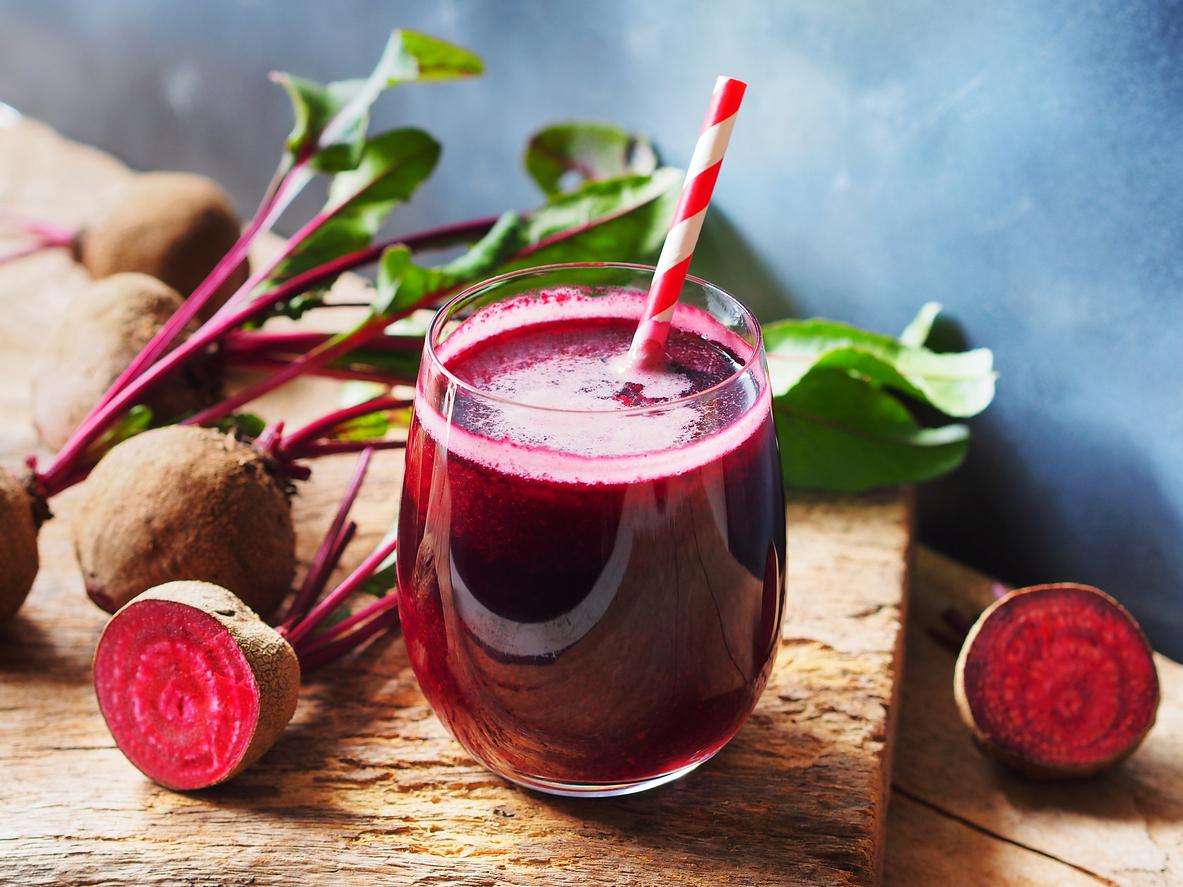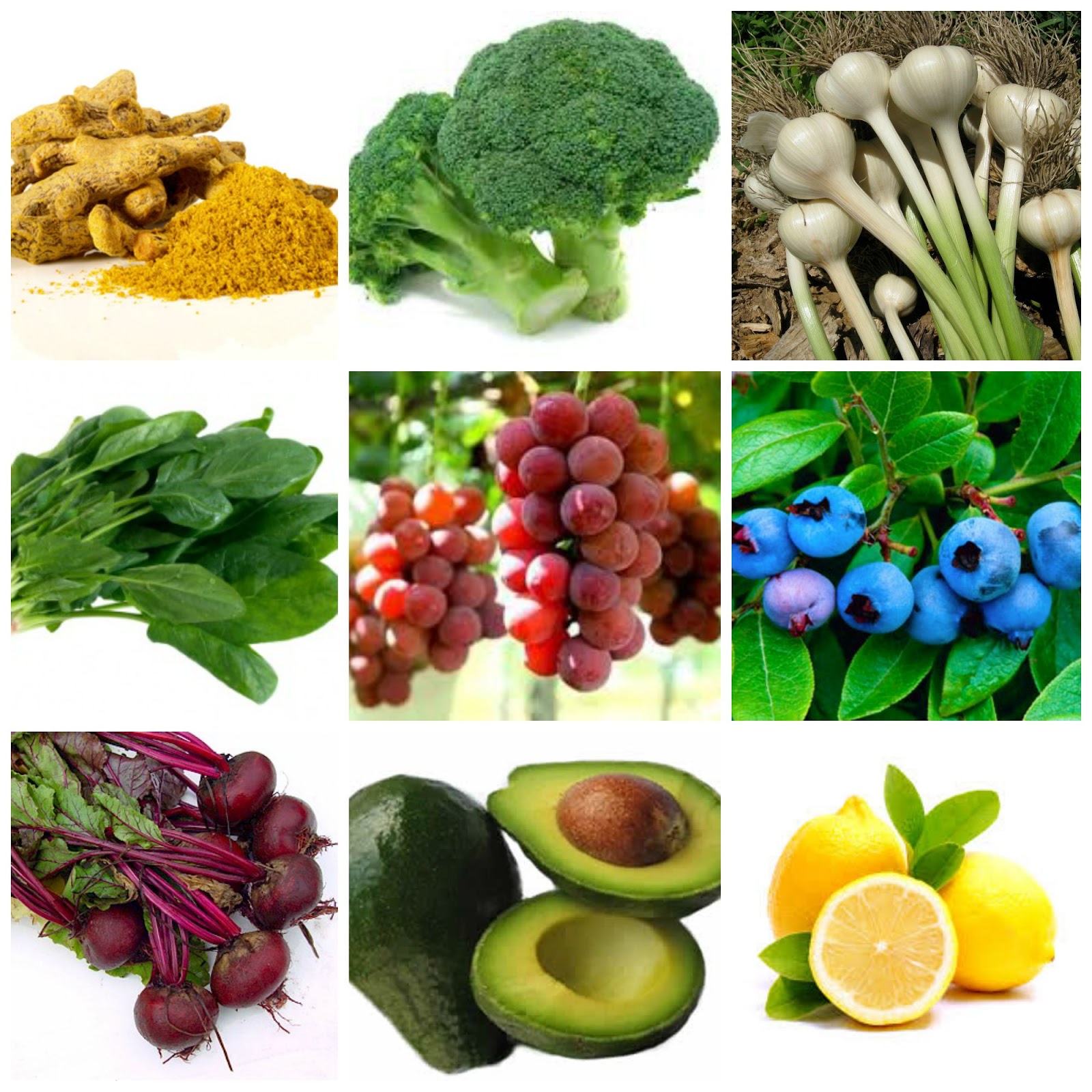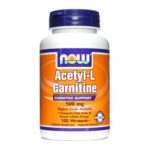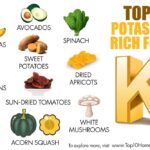Nourish Your Liver: Foods That Protect and Revitalize
Introduction
The liver is one of the well-nigh vital organs in our body, responsible for filter toxins, aid digestion, and store nutrients. Nevertheless, with our progressively hectic lifestyles and dietary choices, the liver oftentimes bear the brunt of our habits. Luckily, certain foods can support and protect liver health. In this article, we’ll explore liver protective foods, will provide practical tips and guidance on how to will incorporate them into your diet.
 Source: pourquoidocteur.fr
Source: pourquoidocteur.fr The importance of liver health
The liver perform over 500 essential functions in the body, from detoxification to protein synthesis. Maintain its health is crucial for overall advantageously being. A damaged or overwork liver can lead to serious health issues, include metabolic disorders and liver diseases. Hence, understanding and incorporate liver protective foods into your diet is a proactive step toward safeguard your health.
 Source: drsrevathi.blogspot.com
Source: drsrevathi.blogspot.com Key liver protective foods
Incorporate the follow foods into your diet can help maintain and improve liver health:
- Garlic: Rich in selenium and sulfur, garlic activate liver enzymes that help flush out toxins.
- Leafy greens: Spinach, kale, and arugula are high in chlorophyll, which aid in detoxification.
- Beetroot: Contain antioxidants and nitrates that reduce inflammation and oxidative stress in the liver.
- Avocado: Pack with healthy fats, it helps in the production of glutathione, a compound that detoxify the liver.
- Turmeric: Curcumin, the active ingredient, help reduce liver inflammation and support liver cell regeneration.
- Green tea: A rich source of antioxidants knows ascatchings, which improve liver function.
- Walnuts: These nuts are high in omega 3 fatty acids and glutathione, both of which cleanse the liver.
- Calciferous vegetables: Broccoli and brussels sprouts increase the liver’s detoxification enzymes.
- Olive oil: Provide a lipid base that absorb toxins in the body, take some workload off the liver.
Incorporate liver protective foods into your diet
Here are some practical tips to help you include these foods in your daily meals:
- Start your day with a green smoothie: Blend spinach, avocado, and a small clove of garlic for a nutritious start.
- Add turmeric to your dishes: Use turmeric in soups, stews, or evening your morning eggs for an anti-inflammatory boost.
- Snack on walnuts: A handful of walnuts make a great snack and support liver health.
- Drink green tea: Replace your regular tea or coffee with green tea to benefit from its liver protective properties.
- Incorporate more salads: Use leafy greens and beetroot as the base for your salads, drizzle with olive oil.
A real life example
Consider the story of Sarah, a 45-year-old woman diagnose with non-alcoholic fatty liver disease (nNAFLD) She was adadvisedo change her diet to improve her liver health. By incorporate liver protective foods like leafy greens, turmeric, and green tea into her daily routine, sSarahnotice significant improvements. Her liver enzyme levels normalize, and she ffeelsmore energetic. This real world example underscore the impact dietary changes can have on liver health.
Conclusion
Our liver is essential to our body’s overall functioning, and take steps to protect it’s crucial. By integrate liver protective foods into your diet, you can enhance liver function and prevent diseases. Remember, small changes can have a significant impact. For more comprehensive guidance, consult with a healthcare professional or a nutritionist can provide tailor advice for your specific needs. Prioritize your liver health today and enjoy the benefits of a healthier tomorrow.






